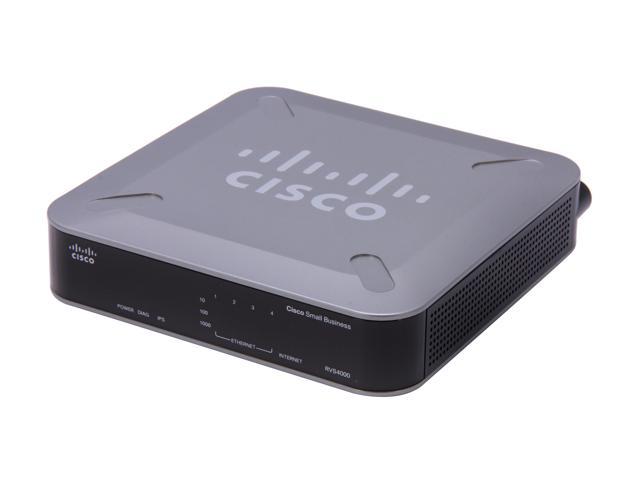

If an office with 20 wireless devices and two are streaming video or VOIP services, then at least 300 to 400 Mbps is recommended. The more devices your small business has, the more bandwidth you’ll need. If your office has two wireless devices that don’t stream media or use VOIP services, a router that can handle a maximum of 100Mbps is recommended. If you’re not sure what your small business will need, it’s best to start with a router that can handle more than you think. You’ll want to find something with options like MU-MIMO and beamforming that handle many devices. It’s important to have a Wi-Fi router that can handle all your devices at once without slowing down. How much bandwidth does your small business need? These features keep your internet traffic private and protect against viruses and hackers. With a wireless connection, it is easy for your employees to access anything they want. You can also include parental controls that allow you to monitor what your employees are doing at work. You want to find a router that controls the types of media and other content that can be accessed on your network. What kind of security controls will you need in a small business internet router? You also want to make sure that a router can handle any forecasted growth in your business.Ĥ. You want a router that has enough ports and bandwidth to accommodate your number of devices. The number of devices that can connect at once is usually dependent on the router’s bandwidth. How many devices can connect to a business router at once?

You want to make sure that your Wi-Fi signal can reach all areas of your office so that no one feels left out. The higher quality a wireless router is in general, the larger its coverage area will be. These can vary from 300 feet to 1500 feet or even more, depending on the type of router and how it is configured. Wireless routers have different coverage areas. The difference in coverage area between small business routers. If you are a small business, you will want to look for an option that is more affordable and has fewer features. An office building needs something much more powerful and robust. A small business might be able to get away with a Wi-Fi antenna like one found in most laptops. The size of your business matters when deciding on a router. This can be helpful if you have a building with just one room and don’t want to buy an AP for the whole building to get coverage.ġ1 things to consider when choosing a Wi-Fi router for your small business 1. WDS supports high-density areas where there are too many access points for an AP alone.Ī Wireless Bridge (WB) is used when you want wireless coverage in a location where your AP doesn’t reach. The AP then connects to the internet through one of the wired connections on your router.Ī Wireless Distribution System (WDS) supports multiple access points and distributes data to them. The Different Types of Wi-Fi RoutersĪn Access Point (AP) is a device that allows wireless devices to connect to a wireless network, like a home Wi-Fi router. It can be difficult to find the perfect router for your small business though! That’s why our IT team compiled this list of 10 different routers that can suit any business’s needs. Whether you are doing online shopping or conducting your work over the web, it’s important to have fast and reliable Wi-Fi. The internet is a necessity for any business today.


 0 kommentar(er)
0 kommentar(er)
